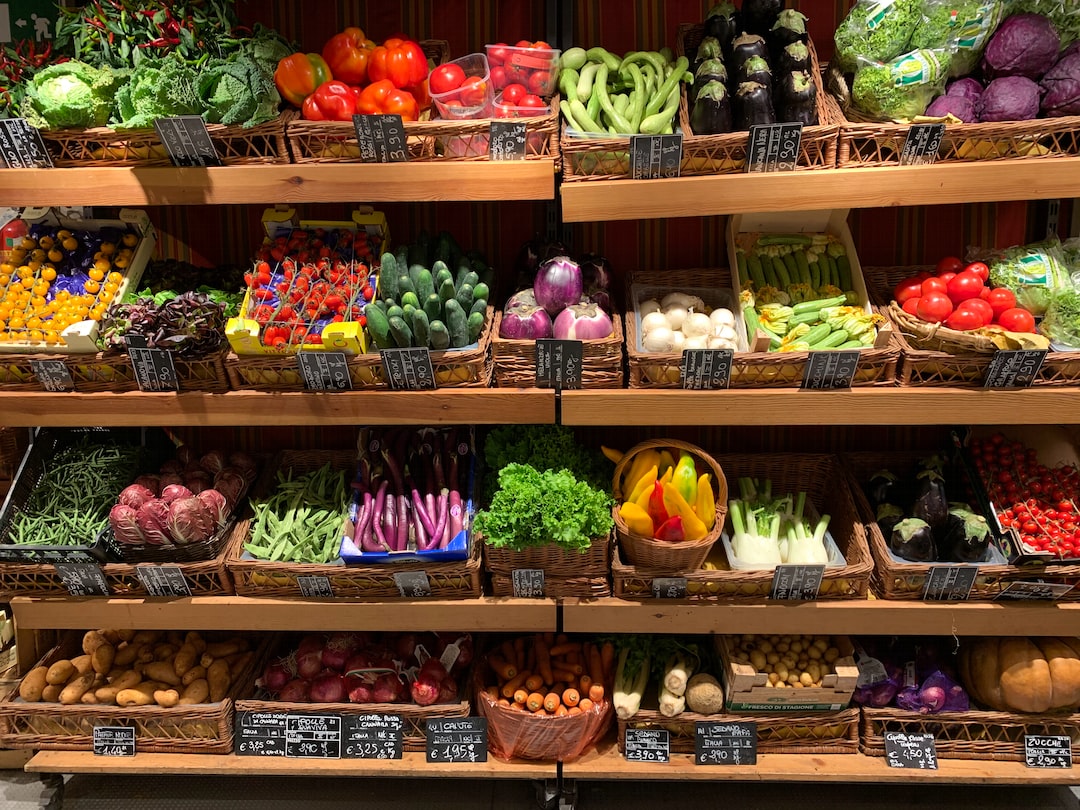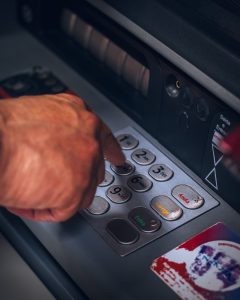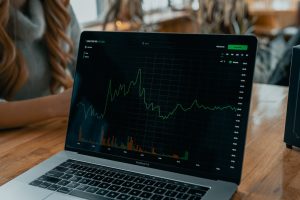Forex, also known as foreign exchange, is the largest financial market in the world, with trillions of dollars traded daily. It is a decentralized market where currencies are exchanged, and profits are made from the fluctuations in exchange rates. One of the most important tools that traders use in forex trading is leverage, which allows them to control large positions with a relatively small amount of capital. In this article, we will explain how leverage works in forex and its advantages and risks.
What is leverage in forex trading?
Leverage is a financial tool that enables traders to trade with more money than they have in their account. It is essentially borrowing money from the broker to increase your position size. For example, if a trader has a $1,000 account with a leverage ratio of 1:100, they can control a position of $100,000. The trader only needs to put up a margin, which is a percentage of the total position size, to open the trade. In this case, the margin would be $1,000 (1% of $100,000).
Advantages of using leverage in forex trading
1. Increased buying power
The main advantage of using leverage in forex trading is that it allows traders to control larger positions with a smaller amount of capital. This means that traders can increase their buying power and potentially make more profits than they would with a smaller account size.
2. Lower margin requirements
Leverage also reduces the margin requirements for opening trades. This means that traders can open more trades with the same amount of capital, which increases their chances of making profits.
3. Increased liquidity
Leverage also increases the liquidity of the market, as it allows more traders to participate in the market. This means that there are more buyers and sellers, which can result in tighter spreads and better execution of trades.
Risks of using leverage in forex trading
1. Increased risk of loss
The main risk of using leverage in forex trading is that it increases the risk of loss. When traders control larger positions, they also increase their exposure to the market, which can result in larger losses if the market moves against them. This means that traders need to manage their risk carefully and use stop-loss orders to limit their losses.
2. Margin calls
Another risk of using leverage is margin calls. When a trader’s losses exceed their margin, the broker may issue a margin call, which requires the trader to deposit more funds into their account to maintain their position. If the trader fails to do so, the broker may close their position, resulting in a loss.
3. Emotional trading
Leverage can also lead to emotional trading, as traders may become overconfident with their positions and take more risks than they should. This can result in impulsive trading decisions, which can lead to larger losses.
Conclusion
Leverage is an essential tool in forex trading that allows traders to control larger positions with a smaller amount of capital. It can increase buying power, reduce margin requirements, and increase liquidity in the market. However, it also increases the risk of loss, margin calls, and emotional trading. Therefore, traders need to manage their risk carefully and use leverage wisely to maximize their profits and minimize their losses.





